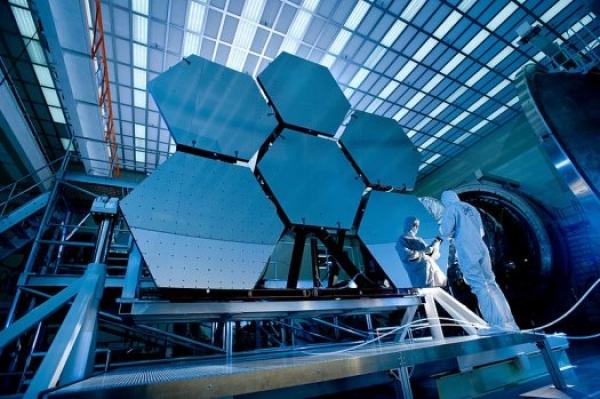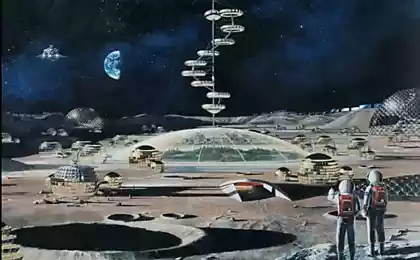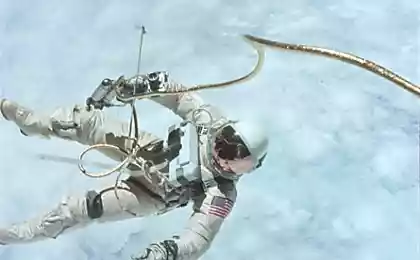1327
The conflict over funding for space research

When a new NASA budget was submitted in February this year, the media vzburlilo even a little more than usual. The budget has been reduced quite moderate due the current political climate, but the reduction, more or less, intended for certain divisions NASA, including: Planetary Science - a unit that sends autonomous and self-propelled guns to Mars orbiting satellites around objects such as Saturn and the moon, and also explores other clusters around our solar system, such as an asteroid Vesta and Belt objects Kuiper.
The sharp decline in the budget to provide immediate material impact on the foreign policy situation, since NASA came out of two planned, together with Europe, missions to explore Mars, shift the responsibility for its conduct at the European Space Agency. And, of course, the debate began again. Influential people, such as, for example, Neil deGrasse Tyson - perhaps the most visible and influential defender of NASA and Space Research - accentuate the problem of permanent lack of funding space research, and that NASA, with its research and decisions, not only inspires generations to achieve great goals but also can give rise to completely new direction in the economy, creating new jobs and leading mankind to prosperity.
However, there is another side. Megan McArdle, a famous journalist on The Atlantic, expressed its position in the article "Neil deGrasse Tyson oschibaetsya about NASA". "NASA has been in a state of enormous confusion for many years" - she wrote. "If there is economic benefit in the growing sector of space technology, where we have to see it - it's not whether the government offices, in which high-ranking officials sent to humanity in the" right "direction?".
Both sides of this debate have both advantages and disadvantages. And no one can declare one side of the conflict more right than the other. But it is worth noting that Tyson if he is wrong, it is wrong not absolutely everything. Many policy experts can challenge the correctness of management and policy NASA. We simply assert that Tyson rights when he says that investment in space exploration, in any case, "pay" dividends here on Earth. They have done so in the past, and they continue to do so now.
When we pay (and sometimes we pay a lot) for such things as the James Webb Space Telescope (orbital infrared observatory, which is expected to replace the space telescope "Hubble"), for the new self-propelled research unit of Mars, or expansion in staff ISS, we pay for technologies that provide these defined, of the technology - we pay directly for the scientific object. But technology and know-how, which are derived from such projects - precision instruments Optometry, which are derived from the most advanced space telescope in the world or salmonella vaccine received microgravity research in the field of ISS - create benefits that we never would otherwise not be able to use.
These times are hard, and we still need to make the right decisions, which projects are worth that would finance them. But there is no reason to believe that our taxes are going in the field of space research, just simply disappear into the big black hole in the sky. Most of the money spent on returning to Earth in the form of new knowledge and technologies that enrich life right here on our planet's surface.
The truth about the cosmic madness astronauts
The fastest random number generator is really subatomic particles uses sound in a vacuum























